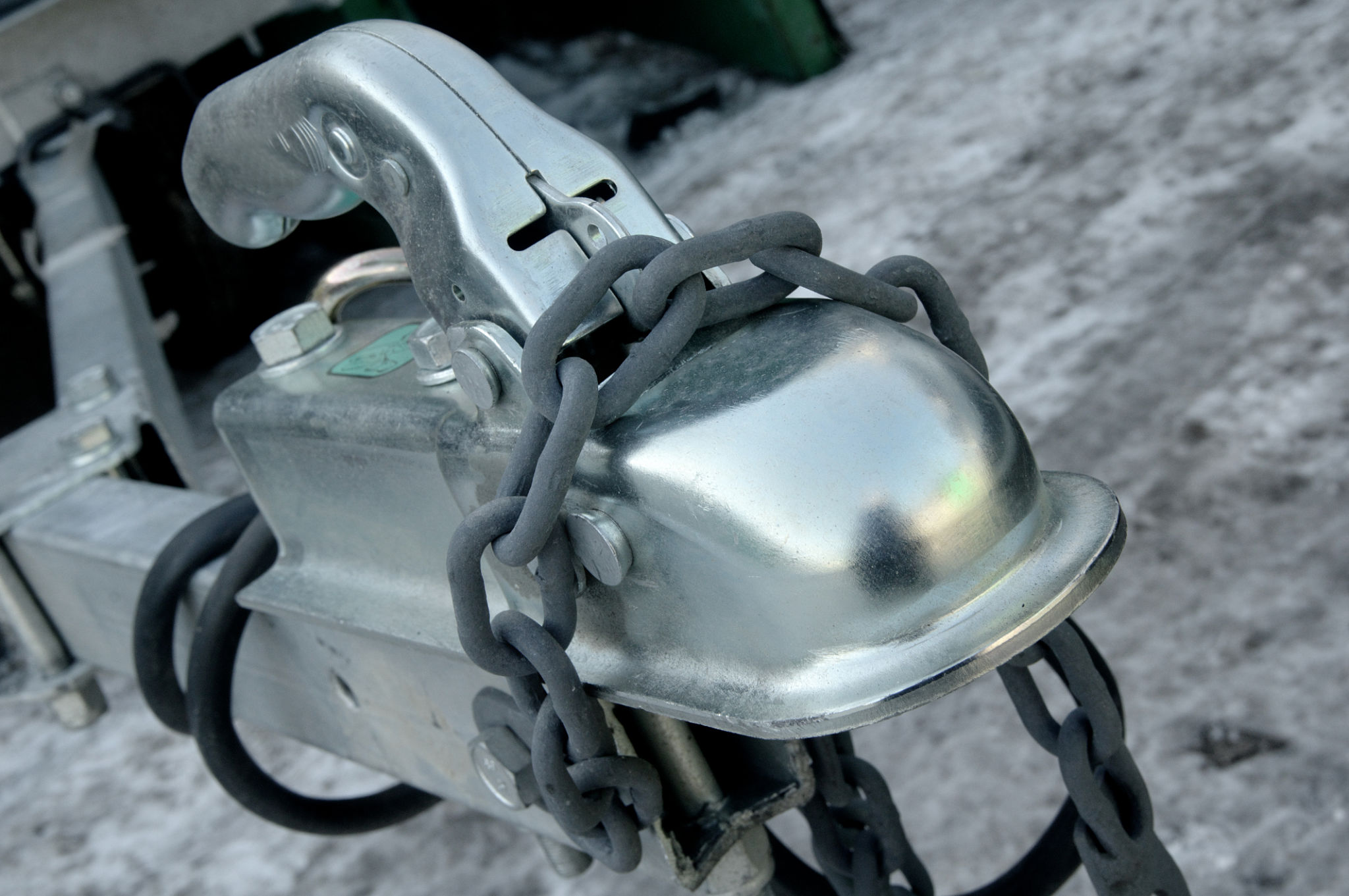The Ultimate Guide to Choosing the Right Trailer for Your Cargo Needs
Understanding Your Cargo Requirements
When it comes to transporting goods, choosing the right trailer is crucial to ensuring the safety and efficiency of your operations. The first step in selecting the perfect trailer is understanding your specific cargo needs. Consider the type of goods you are transporting, their size, weight, and any special handling requirements. This will help you narrow down your options and select a trailer that meets your demands.
For example, if you are transporting perishable goods, you may need a refrigerated trailer. On the other hand, oversized machinery might require a flatbed trailer. Knowing the nature of your cargo will guide you in making an informed decision.

Types of Trailers Available
There are several types of trailers on the market, each designed for different kinds of cargo. Here are some common types:
- Flatbed Trailers: Ideal for oversized or irregularly shaped cargo.
- Enclosed Trailers: Perfect for protecting goods from weather and theft.
- Refrigerated Trailers: Necessary for transporting perishable items.
- Lowboy Trailers: Designed for carrying heavy equipment.
Understanding the pros and cons of each type will help you decide which one aligns with your needs.

Evaluating Load Capacity and Size
Once you know the type of trailer you need, the next step is evaluating its load capacity and size. It's essential to match your cargo's weight and volume with a trailer that can accommodate it safely. Overloading a trailer can lead to dangerous driving conditions and pose risks to both the driver and the cargo.
Check the Gross Vehicle Weight Rating (GVWR) of the trailer to ensure it can handle your cargo's weight. Additionally, consider the dimensions of the trailer and ensure it's spacious enough for your goods without compromising safety.
Considerations for Long-Distance Hauling
If your cargo requires long-distance hauling, there are additional factors to consider. Trailers designed for long hauls often have features like enhanced suspension systems, better aerodynamics, and more durable tires to withstand extended use.

Furthermore, think about fuel efficiency. A heavier trailer might consume more fuel, so selecting a model that balances capacity with fuel economy can save you money in the long run.
Budgeting and Cost Considerations
Your budget plays a significant role in determining which trailer to choose. While it's tempting to opt for a cheaper model, consider the long-term costs associated with maintenance and repairs. Investing in a high-quality trailer might have a higher upfront cost, but it can offer better durability and fewer issues down the line.
Additionally, look into financing options if buying outright is not feasible. Leasing might be an alternative if your needs are temporary or if you prefer not to commit to a purchase.
Safety Features and Regulations
Safety should always be a top priority when selecting a trailer. Modern trailers come equipped with various safety features such as anti-lock braking systems (ABS), electronic stability control (ESC), and advanced lighting systems to ensure visibility on the road.

Also, familiarize yourself with local regulations regarding cargo transportation, as compliance is mandatory and will guide your choice in terms of specifications and features required by law.
Maintenance and Resale Value
Regular maintenance is essential to keep your trailer in optimal condition. Consider trailers that are easy to maintain with readily available parts. This will minimize downtime and extend the life of your investment.
Lastly, think about resale value if you plan on upgrading in the future. Trailers from reputable manufacturers tend to retain value better over time, providing a better return on investment when it's time to sell or trade-in.
Conclusion
Choosing the right trailer for your cargo needs involves several considerations, from understanding your specific requirements to evaluating various types and features. By taking into account factors such as load capacity, safety features, budget constraints, and maintenance needs, you can select a trailer that ensures safe, efficient transport of your goods while offering long-term value.